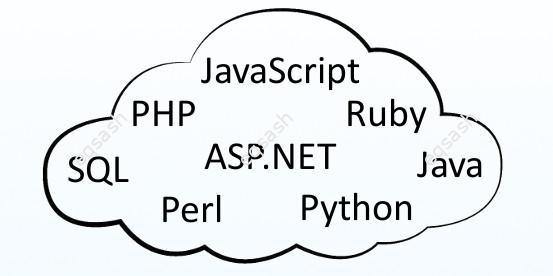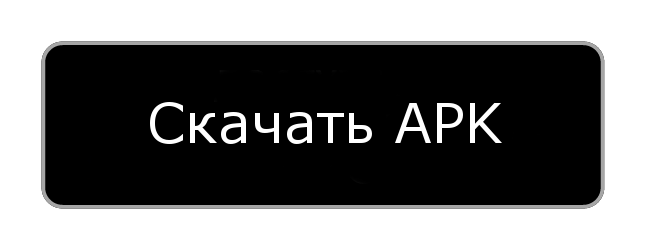Popular web programming languages - a complete list with a description of which is better
Many novice developers, and even ordinary users, may be interested in the question - what are the web programming languages and which language is better. To answer these questions, it is necessary to at least superficially consider the situation with the languages existing today.

Below is a complete list of web programming languages with descriptions:
- PHP is the most popular server-side language used by a huge number of sites, including many social networks. It is not difficult to learn how to develop in it, the language is rich in functionality, there are many libraries available. When written correctly, the language is pretty safe. The official site with documentation and new versions of PHP is available - php.net . The documentation with code examples has been translated into many languages, including Russian, so everyone can learn .
- JavaScript is a browser-based client language, it can be used to solve quite a lot of problems without resorting to the functionality of server-side languages. Writing code in this language is easy; for testing, you can open the console in a browser and run scripts from there. JavaScript is an essential part of web development today.
- SQL is a database query language that is required for most websites and applications. Provides operations for fetching, changing and deleting data, as well as other similar functionality.
- Any ASP.NET language - this includes different languages, there are quite a few of them, for example, C ++, C #. ASP.NET is a complete suite of web development tools. This technology is often compared to other languages. For example, you can often see discussions on the net which is better - ASP.NET or PHP. But there is no exact answer to this question, since ASP.NET is more suitable for complex projects that actively use the functions of operating systems of the MS Windows family.
- Perl is a general-purpose programming language originally created for manipulating text, but currently it can be used for various other tasks, including web programming.
- Python is a flexible web programming language that is used to implement specific functionality. It is used by many large companies and is actively developing.
- Ruby (Ruby on Rails) - used to develop various software, including web applications. Differs in the ability to implement non-standard programming techniques.
- Java - used for developing various types of software, also used on the web. Java code is usually translated into special bytecode, so it will work on any architecture using a virtual machine. Can be used to implement unusual functionality on web pages. An additional Groovy language was also developed for Java with the capabilities of the Python, Ruby and Smalltalk languages.
Which web programming language is better ? It is impossible to unequivocally answer this question, since a variety of languages exists for this purpose, in order to choose the right language for solving their problems. When choosing, you need to rely on many factors. For example, some languages have a low threshold of entry, which allows you to quickly learn how to write them, but the written code may not be so easy to maintain, and it can become security vulnerability . Other languages, on the contrary, have a high threshold of entry, but the code will be more perfect and have fewer errors.
Latest articles
- 03.04.24IT / Уроки PHP Уроки простыми словами. Урок 3. Все операторы PHP с примерами, с выводом работы кода на экран.
- 02.04.24IT / Уроки PHP Уроки простыми словами. Урок 2. Типы данных в PHP с примерами.
- 02.04.24IT / Уроки PHP Уроки простыми словами. Урок 1. Коротко о языке веб-программирования PHP. Основы синтаксиса.
- 09.11.23IT / Database Errors when migrating from MySQL 5.6 to 5.7 and how to fix them - database dump import failed with an error or INSERT does not work. Disabling STRICT_TRANS_TABLES strict mode or using IGNORE
- 08.07.22IT / Misc Convert office files DOC, DOCX, DOCM, RTF to DOCX, DOCM, DOC, RTF, PDF, HTML, XML, TXT formats without loss and markup changes
 3470
3470